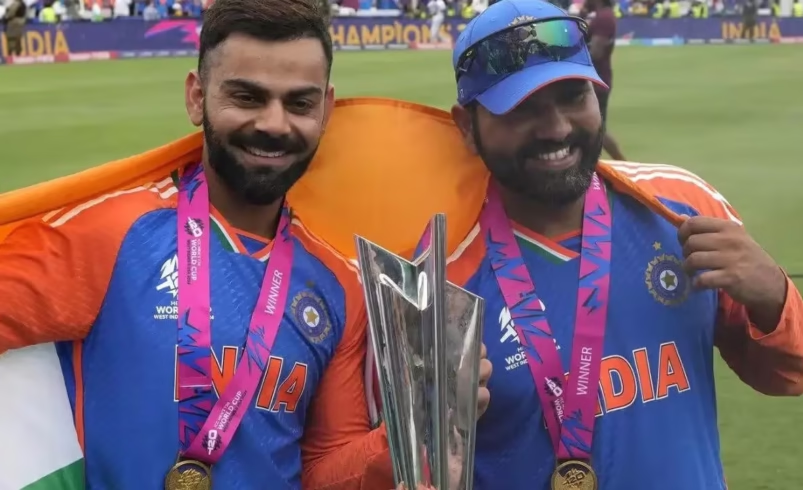Shubman Gill named India’s ODI captain as team eyes 2027 World Cup
- October 5, 2025
- 0

Shubman Gill has been appointed as India’s new One Day International (ODI) captain for the upcoming tour of Australia, marking a significant leadership transition in Indian cricket. The decision comes as Rohit Sharma steps down from all leadership duties, with Shreyas Iyer chosen as vice-captain. The move is widely viewed as a strategic step toward building a team capable of competing strongly at the 2027 ODI World Cup.
The announcement of Gill’s captaincy signals a generational shift within Indian cricket. After years under the leadership of Rohit Sharma, selectors have opted for a younger face to guide the side into its next competitive cycle. The change is not merely symbolic—it reflects a long-term vision aimed at nurturing emerging talent and ensuring continuity leading up to major tournaments.
Rohit Sharma, who has captained India across formats, will no longer hold any leadership position following this transition. His tenure saw several memorable victories and consistent performances, but with the next ODI World Cup still years away, management appears focused on grooming successors early. This approach allows new leaders to gain experience while maintaining stability within the squad.
Gill’s elevation to captaincy represents both recognition of his talent and trust in his maturity as a player. Having impressed with his consistency at the top of the order, he now faces the challenge of translating individual success into team leadership. Cricket analysts have described his appointment as an investment in India’s future—a move that could define the next phase of its limited-overs journey.
Supporting Gill in this new chapter will be Shreyas Iyer, who has been named vice-captain for the series against Australia. Iyer brings valuable experience and tactical awareness to the setup, complementing Gill’s youthful energy with his own leadership qualities. Together, they are expected to form a dynamic partnership capable of steering India through upcoming challenges on international tours and tournaments.
The decision to hand over responsibility now underscores India’s intent to prepare well ahead of major competitions. By giving younger players leadership exposure early, selectors hope to foster cohesion and adaptability within the squad before the 2027 ODI World Cup arrives. Experts believe this proactive approach could yield long-term benefits by creating a balanced mix of youth and experience across formats.
As Indian cricket enters this new era under Shubman Gill’s guidance, expectations are high but measured. The leadership change reflects confidence in emerging talent while honoring the contributions of seasoned players like Rohit Sharma. With strategic planning already underway for future tournaments, this transition may well shape how India approaches global competitions in years to come.